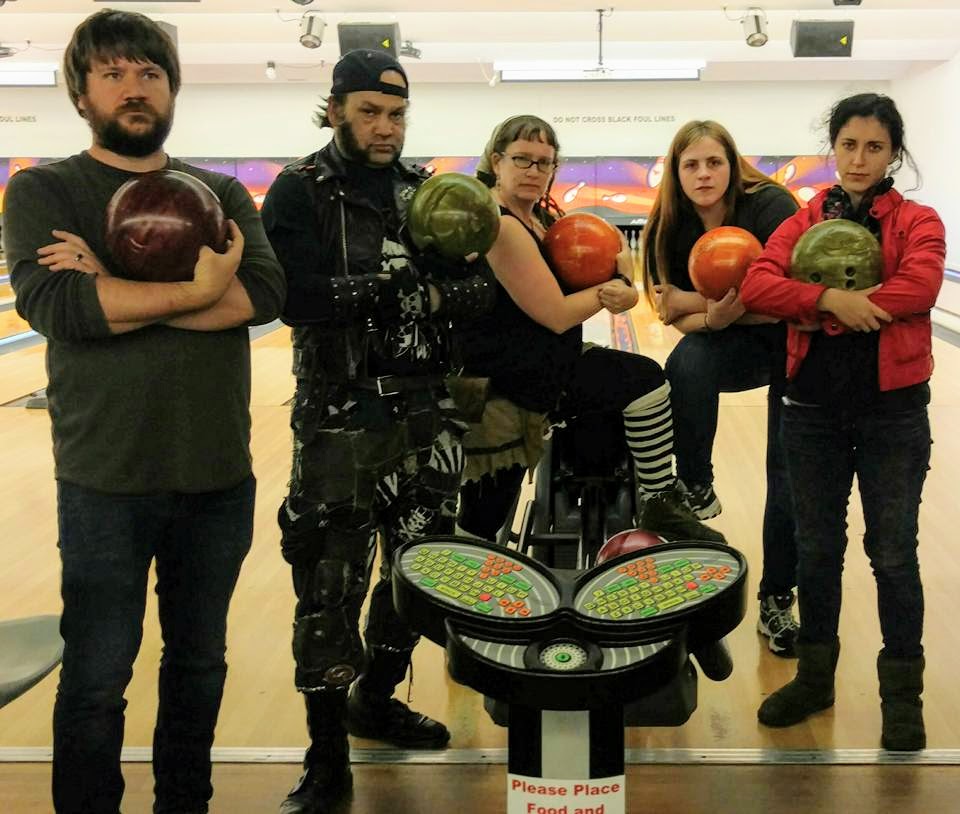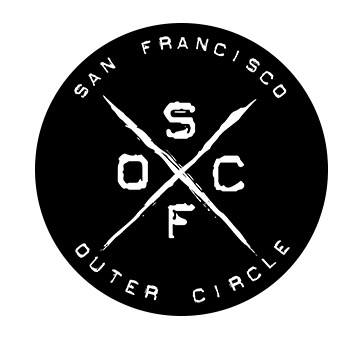Resilience
In the months leading up to this election, I found myself asking more fervently than at any other time in my life: Am I willing to die for what I believe in?
Betraying my own privilege, I’ve rarely wondered what choosing between integrity and life would look like. Now, I imagine – will I say good-bye to my husband, my comfort, my freedom, in order to faithfully follow Christ?
This line of thinking has alternatively culminated in tears, intercessory prayer, or tight-lipped stoicism depending on the day. Mostly, I worry that no matter how much I bully myself into pre-committing to death (assuming that I’ll even have a choice when it comes), my resolve could fall flat. In Deuteronomy, God lays a similar choice at the feet of Israel. Just before they enter this land flowing with milk and honey, God says, “I call heaven and earth to witness against you today that I have set before you life and death, blessings and curses. Choose life so that you and your descendants may live!”
 I know in my brain that the timeless God of Hosts lays the same choice before me, my family, my InnerCHANGE team, my people, daily. But rarely, in any day, do I think of myself choosing life or death. At first, I’m tempted to think the whole dichotomy feels too melodramatic, too black-and-white. Certainly, picking up a couple of dropped crops from my own field isn’t death, right? Surely, holding onto a debt until it’s entirely paid, rather than seven years and kaput, is reasonable?
I know in my brain that the timeless God of Hosts lays the same choice before me, my family, my InnerCHANGE team, my people, daily. But rarely, in any day, do I think of myself choosing life or death. At first, I’m tempted to think the whole dichotomy feels too melodramatic, too black-and-white. Certainly, picking up a couple of dropped crops from my own field isn’t death, right? Surely, holding onto a debt until it’s entirely paid, rather than seven years and kaput, is reasonable?
Rarely does choosing “death” as it’s laid out in Torah really look or feel like choosing death at first glance. And let me just say up-front, I’m not advocating for a black-and-white, wholesale, literalist reading of the scriptures. I’m all for harm reduction, for small steps towards life. Rather, I’m struck by how rarely I think of choices as moving me towards life or death, no matter how small the increment.
Perhaps that’s why I’m so drawn to the attentiveness of our friends who have struggled with substances here in San Francisco. We spent our Monday evening bowling with a friend who was celebrating many years of sobriety. Between shots at the pins, I asked about the process of getting sober, what year was hardest, etc. He told me that the first year was hard, especially leaving his old circle of friends, hang-out spot, and so forth. The fourth year, he said, was hard because it was tempting to think that he was better. He said has not returned to Golden Gate Park since his first day of sobriety.
Another friend this week echoed the sentiments when he talked about going into detox. “After a few days, you start wondering ‘why did I do this’?” He talked about well-meaning family members giving people in rehab money “since they’re doing so well” and tripping them up. As he prepares to move into our house for a time, he’s intentionally communicated triggers and behaviors that might indicate he’s looking for some of the rush that other substances give.
These friends’ words exude an awareness I lack; each choice has potential to move towards life or death. I often permit myself little indulgences without scrutinizing if one has the potential to entrap me longer-term. I wonder what it would look like to move through the world with the intentionality of someone journeying away from substance abuse?
Even more perplexing: what if I knew that choosing life could look like death? It’s hard to imagine that choosing life can look like saying good-bye to all your friends, puking for days, and creating an entirely new life. It sounds terrible.
This week, I wrote a card for a different friend in rehab. When I asked what to write, having never written to someone in detox, our team leader chirped “hope you’re not puking too much today.”
I dutifully wrote it down and signed all of our names, keenly aware that I have a thing or two to learn out here.

